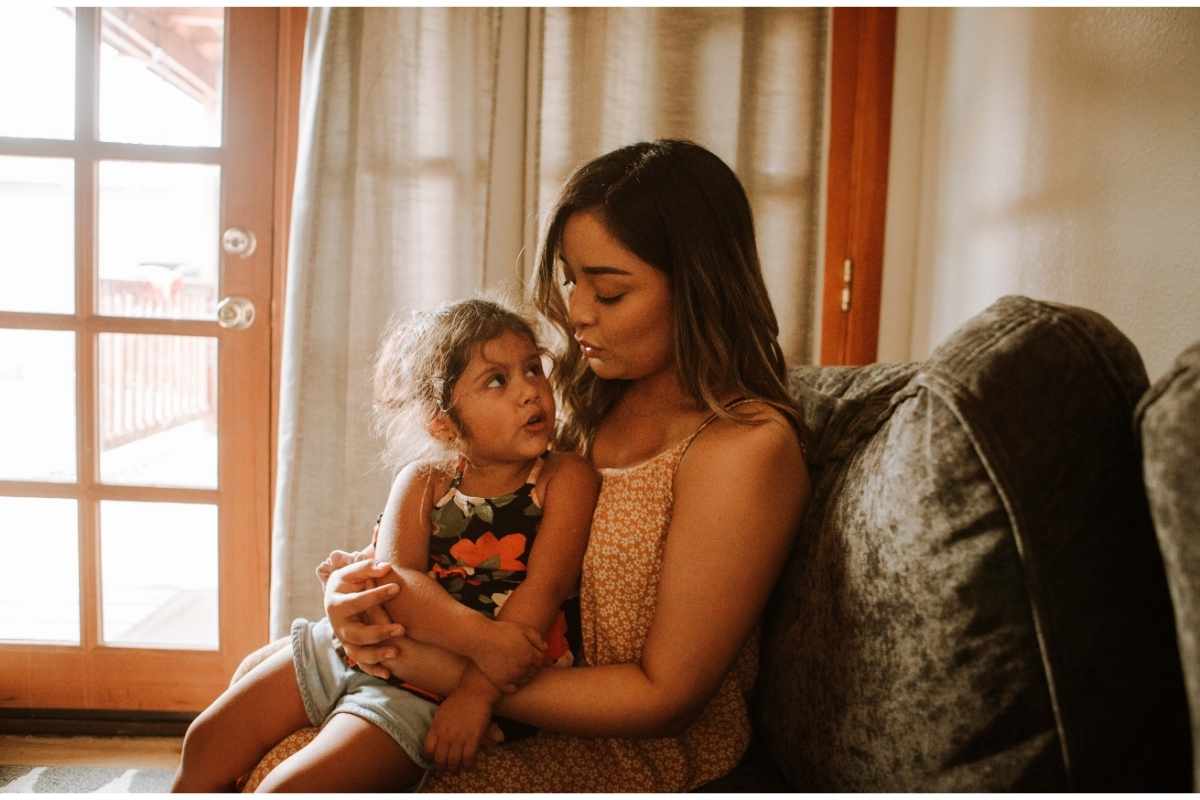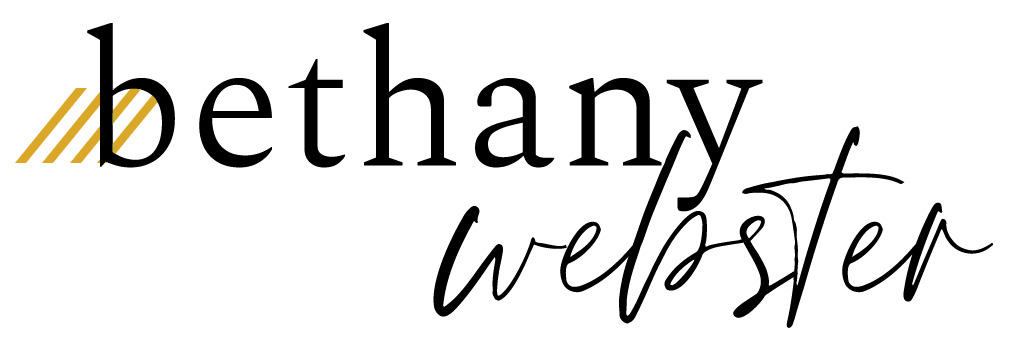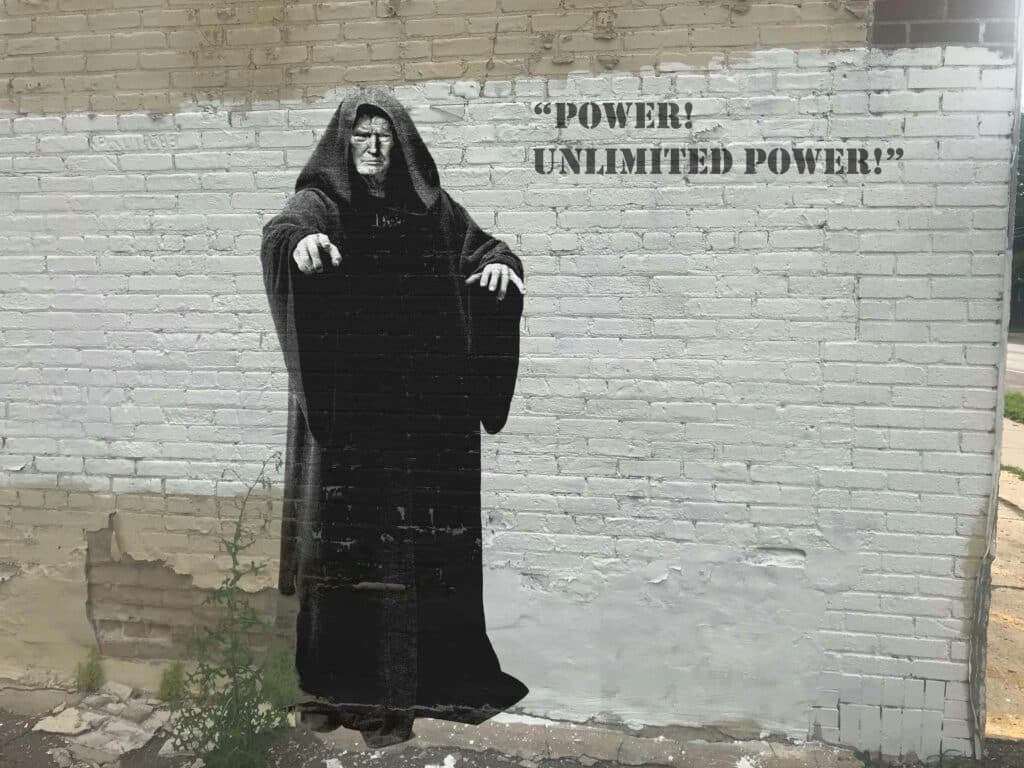Do You Shame Yourself to Feel Mothered?

When a mother uses a daughter to fulfill unmet needs of her own, the daughter is placed in a parentified or adult role and exploited. This leads to patterns of competition and shame, as well as a loss of childhood and suppression of needs. To preserve and protect the illusion of the good mother, daughters rely on patterns of self-shaming and self-sabotage as adults. If you shame yourself, uncover the dynamics that lead to this pattern in adult women and how to own your pain so you may truly love yourself.
The Mother Wound and Parentified Daughters
The road between a little girl and her mother is supposed to be a one-way street with support flowing consistently from the mother to the daughter. It goes without saying that little girls are totally dependent on their mothers for physical, mental, and emotional support. However, one of the many faces of the Mother Wound is the common dynamic in which the mother inappropriately depends on the daughter to provide her with mental and emotional support. This role-reversal is incredibly damaging to the daughter, having long-range effects on her self-esteem, confidence, and sense of self-worth.
Alice Miller describes this dynamic in “The Drama of the Gifted Child.” The mother, upon having a child may unconsciously feel that finally, she has someone to love her unconditionally and begins to use the child to fill her needs that were not met in her own childhood. In this way, the child begins to carry the projection of her mother’s mother.
This puts the daughter in an impossible situation to be responsible for her mother’s well-being and happiness.
The young daughter then has to repress her own developmental needs in order to accommodate the emotional needs of the mother. Instead of her getting mirroring from her mother, she is expected to be the one doing the mirroring. Instead of being able to use her mother as a secure, emotional base for exploration, she is expected to be the secure emotional base for her mother.
The daughter is vulnerable and dependent on the mother for survival, so she has few choices available to her; one is to comply and fill the mother’s needs and the other is some degree of rebellion from her.
The Exploitation of Daughters in Adult Roles
When a daughter is asked to be an emotional prop for her mother, she is unable to rely on her mother enough to get her own developmental needs met.
A daughter is being exploited when her mother gives her adult roles, such as a surrogate spouse, best friend, or therapist.
The Ways Daughters Respond
There are a number of ways that parentified daughters may respond to this dynamic:
- “If I’m a really, really, good girl (compliant, quiet, without needs) then mother will finally see me and take care of me” or
- “If I stay strong and protect mother, she will see me” or
- “If I give mother what she wants, she will stop abusing me,” etc.
As adults, we may be projecting this dynamic onto others in our lives. For example, in our relationships: “If only I keep trying to be good enough for him, he will commit to me.” In our careers: “If only I get one more degree, I’ll be good enough to get promoted.”
What Happens When Daughters Are Placed in Adult Roles?
1. Competition
These mothers set up a competition with their daughter for who gets to be mothered.
The message is there’s not enough mothering or love to go around. Girls grow up believing that love, approval and validation are very scarce, and one must work to the bone in order to be worthy of it. Then as adults they attract situations that replicate this pattern over and over. (Many of these dynamics and effects are also true for male children as well.)
2. Loss of Childhood
Parentified daughters are robbed of their childhood.
The daughter does not receive affirmation for herself as a person, rather she receives affirmation only as a result of performing a function (relieving mother of her pain).
Mothers may expect their daughters to listen to their problems and ask them to provide comfort and nurturing to calm her adult fears and worries. The daughter may be expected to bail her mother out of her problems or to clean up her messes, whether physical or emotional ones. She may be regularly called in as the problem-solver or mediator.
3. Loss of Personhood
What these mothers convey to the daughters is that they, as mothers, are weak, overwhelmed, and unable to handle life. It conveys to the daughter that her developmental needs are simply “too much” for the mother and so the child blames herself for even existing. The young girl gets the message that she does not have a right to have needs, does not have a right to be listened to or validated as her own person.
Parentified daughters may cling to this role even into adulthood because there are many payoffs. For example, the only time the daughter might receive praise or validation is for being the mother’s warrior or mother’s savior.
4. Suppression of Needs
Expressing your own needs may mean rejection or abuse from mother.
As she grows up, the daughter may fear the mother would be too “easily shattered” and so the daughter may hide her truth for fear of what it would do to the mother. The mother may play into this by playing the victim and causing the daughter to see herself as a perpetrator if she dares to express her own separate reality.
This can manifest into the unconscious belief in the daughter that “I’m too much. My true self injures others. I’m too big. I need to stay small in order to survive and be loved.”
5. Projection
While these daughters may carry the projection of the “good mother” for their mothers they may also carry the projection of the negative mother. For example, this can play out when the daughter is ready to separate emotionally from the mother as an adult. The mother may unconsciously see the daughter’s separation as a replication of the rejection by her own mother. The mother may react with overt infantile rage, passive sulking, or hostile criticism.
6. Shame
The mothers that exploit their daughters this way are often the same ones that say to them “Don’t blame me!” or “Stop being so ungrateful!” if the daughter expresses discontent about the relationship or seeks a discussion on the matter. After the daughters have been robbed of their childhood via the invasive needs of their mothers, they are then attacked for having the audacity to propose a discussion about the dynamics of the relationship.
These mothers may be unwilling to see their role in the daughter’s pain because it’s too painful for them. And they are likely in denial of how their relationships with their own mothers have impacted them. “Don’t blame your mother” can be used as a way to instill shame and silence daughters from speaking the truth of the pain they’ve endured.
If we are to claim our power as women, we must be willing to see the ways in which our mothers truly were to blame for our pain as children—and as adult women—how we are fully responsible for healing these wounds within ourselves.
Shame Upholds the Patriarchy
Part of being powerful is the ability to create harm, whether intentionally or unintentionally. Whether mothers are completely ignorant of the harm they have created or shy away from that knowledge, they are still responsible for it. Daughters must own the legitimacy of their pain. If they don’t, no true healing can occur. They will continue to sabotage themselves and limit their ability to thrive and flourish in the world.
Patriarchy has deprived women to such a degree that when they become mothers, they often turn to the love of their young daughters starving and ravenous for validation, approval, and recognition. A hunger that a daughter could never possibly satisfy. Yet generation after generation of innocent daughters has been offering themselves up, willingly sacrificing themselves on the altar of their mother’s suffering and starvation, with the hope that one day they will finally “be good enough” for her. There is a childlike hope that by “feeding the mother,” the mother will eventually be able to feed the daughter. That meal never comes. You get the “meal” your soul has been longing for by engaging in the process of healing the Mother Wound and owning your life and your worth.
We have to stop sacrificing ourselves for our mothers because ultimately, our sacrifice doesn’t feed them. What will feed your mother is the transformation that is on the other side of her own pain and grief that she must reckon with on her own.
When we refuse to acknowledge the ways our mothers may be to blame for our suffering, we continue through life feeling there is something wrong with us, that we are somehow bad or deficient. This is because it’s easier to feel shame than it is to face the pain of realizing the truth of how we may have been abandoned or exploited by our mothers. Thus, shame is a protective buffer from the pain of the truth.
Why Do You Shame Yourself? Shame Feels Mothering
The little girl within us would rather feel shame and self-hate because it preserves the illusion of the good mother.
We hold onto shame as a way of holding onto mother. In this way, shaming yourself functions as a way to feel mothered.
In order to finally let go of self-hate and self-sabotage, we have to assist our inner child with the understanding that no matter how loyal she is to her mother by continuing to be small and attenuated, it will never cause her mother to change into the mother she longs for.
We must have the courage to hand back to our mothers the pain they asked us to carry for them. We hand back the pain when we can put responsibility where the responsibility truly lies, with the dynamics that were present with the adult in the situation, which was the mother, not the child. As children, we were not responsible for the choices and behavior of the adults around us. Once we really take this in, we can then take full responsibility by working through it, acknowledging how it has impacted our lives, so that we can make new choices that are in alignment with our authentic selves.
Don’t Want to Shame Yourself? Face the Truth
Many women try to skip this step and go right to forgiveness and empathy which can keep them stuck. You can’t truly move on if you don’t know what you are moving on from.
Why it’s hard to face how your mother was a perpetrator:
- As little girls we were culturally conditioned to be caretakers and to not advocate for our own needs.
- Children are hard-wired biologically for unwavering loyalty to mother no matter what she does. Mother love is critical for survival.
- Having the same gender identification as your mother; the implication that she is on your team.
- Seeing your mother as a victim of her own unresolved trauma and a culture of patriarchy.
- The religious and cultural taboos of “Honor thy father and mother” and the “holy mother” instill guilt and silence children about their feelings.
Self-Sabotage Is a Manifestation of the Mother Wound
Self-sabotage a manifestation of the Mother Wound and connected to the cycle of shame created when daughters are parentified. Here’s the connection between the Mother Wound and self-sabotage:- As a parentified daughter, the mother-bond (love, comfort, and safety) was forged in an environment of self-suppression (Being small = being loved).
- Thus, there’s a subconscious link between mother-love and self-attenuation.
- While your conscious mind may want success, happiness, love, and confidence–the subconscious mind remembers the dangers of early childhood in which being big, spontaneous, or authentic caused painful rejection from the mother.
- To the subconscious mind: rejection by mother = death.
- To the subconscious mind: self-sabotage (being small) = safety (survival).
What Can You Do? Own Your Pain and Love Yourself
That’s why it can feel so hard to love ourselves because letting go of shame, self-sabotage, and guilt feels like letting go of mother.
Healing the Mother Wound is about reclaiming your life from dysfunctional patterns set in place through the early relationship with your mother.
It’s about honestly reflecting on the pain of your relationship with your mother for the sake of your own healing and transformation, which is every woman’s birthright. It’s about doing the work within yourself so that you can be free to be the woman you are meant to be. It’s not about expecting your mother to change or to finally fill a need she couldn’t fill when you were a child. Quite the opposite. Until we face and accept our mother’s limitations and all the ways she truly harmed us, we remain stuck in a limbo of waiting for her approval and keep our lives perpetually on hold as a result.
Healing the Mother Wound is a form of integrity and taking responsibility for one’s own life.
One reader recently commented on how she has been healing her Mother Wound for over 20 years and although she had to distance herself from her own mother, she’s done enormous healing that has resulted in a healthy relationship with her young daughter. She captured it beautifully when said about her daughter, ‘I can be her rock of support because I’m not using her as an emotional crutch.’
While there may be conflict or discomfort in the process of healing the Mother Wound, it is necessary for the sake of healing to take place so that you can confidently move into your truth and power. If we stick with the process, we eventually come to a place of authentic compassion not just for ourselves as daughters, but for our mothers, for all women throughout time and for all human beings.
Yet, on that road to compassion, we must first hand back to our mothers their own pain, their pain that we absorbed into ourselves when we were very young.
The true abdication of responsibility is when the mother makes the daughter feel responsible for her unprocessed pain and blames her when she takes into account how she has suffered because of it. Our mothers may never take full responsibility for the pain they unconsciously placed in us in order to relieve themselves of the responsibility for their own lives. But the most important thing is that YOU, as a daughter, fully own the legitimacy of your pain so that you can feel empathy for your inner child, freeing you to finally heal and move on to a life that you love and deserve.
I teach a course on healing the Mother Wound. If you are interested in bringing a workshop to your area, please send an email to support@bethanywebster.com.




